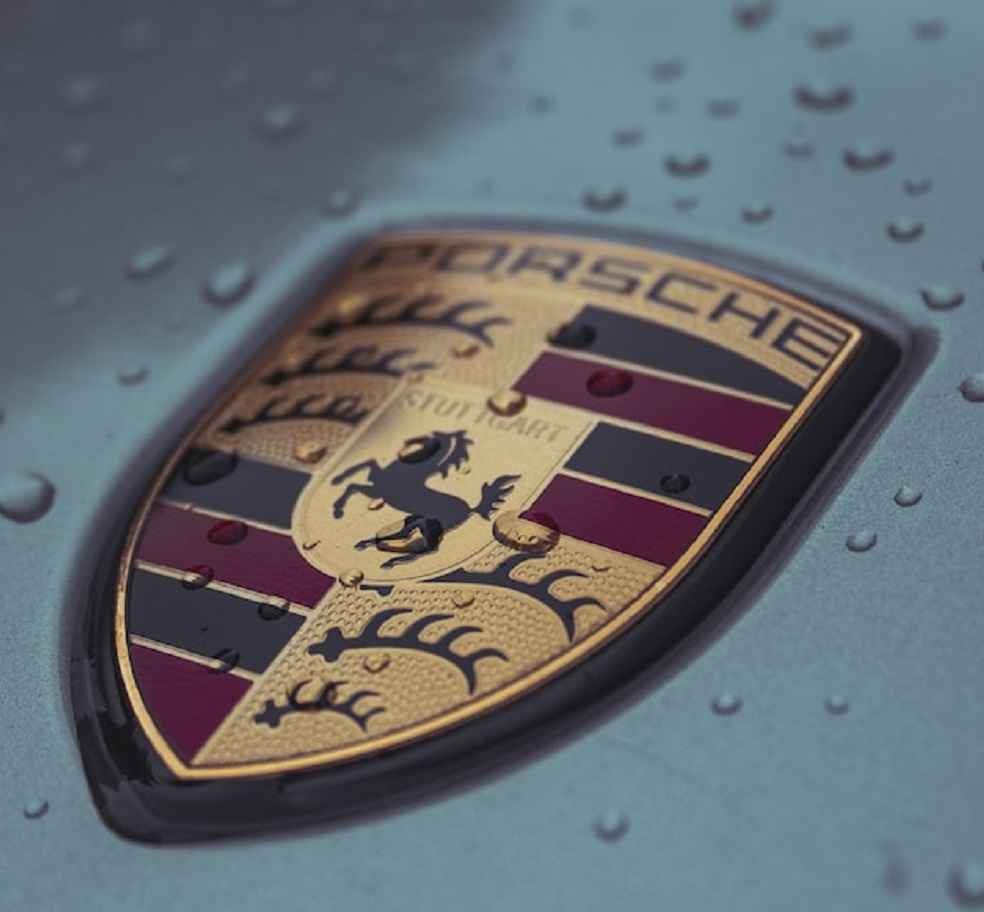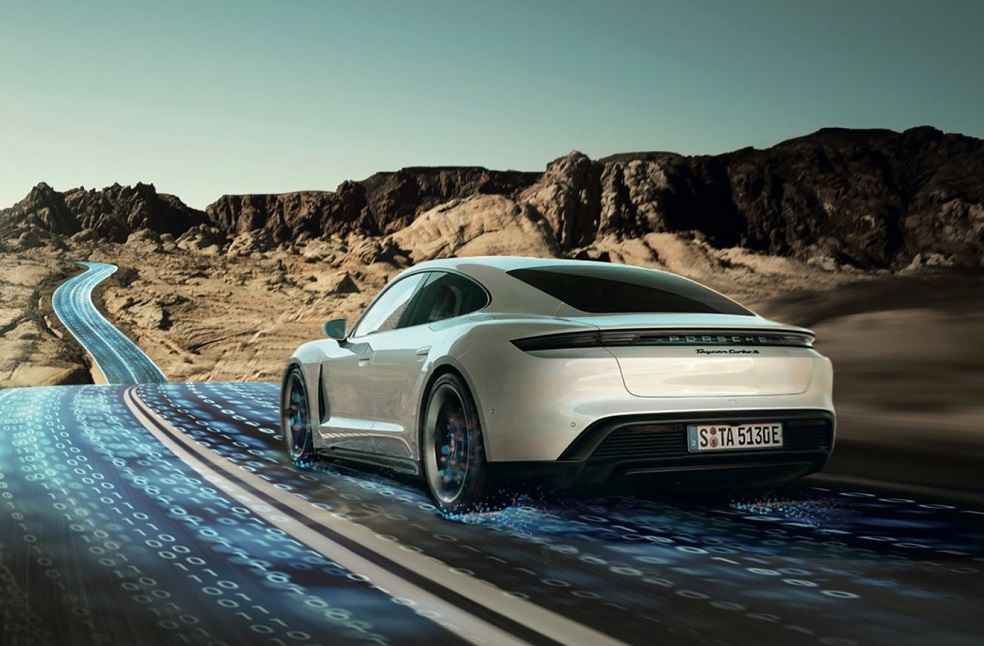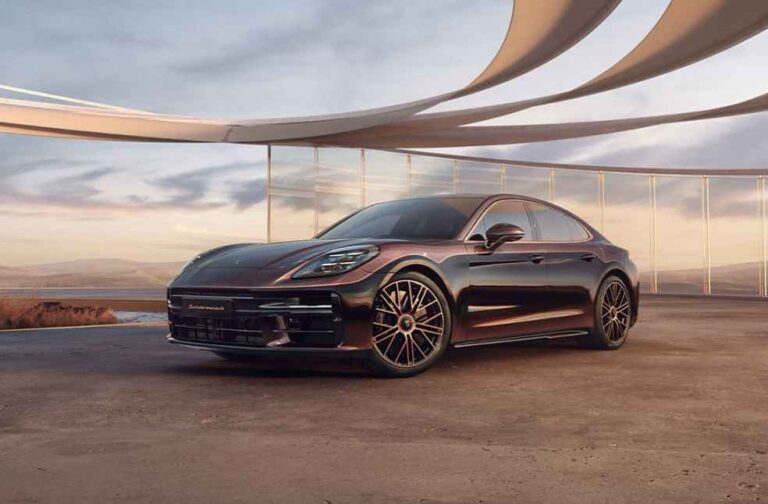German luxury automaker Porsche embarks on a daring path with the announcement of several forthcoming models for this year, injecting an electric sports car into its lineup to challenge sector leaders. This unveiling comes with a cautious note on profitability, illustrating the intricate balance between pioneering growth and sustaining profit margins in a fiercely competitive landscape.
Tuesday’s disclosure from Porsche highlighted an ambitious agenda, introducing updated versions of its esteemed Panamera, Macan, and the venerable 911, alongside the eagerly awaited Taycan Turbo GT. This electric contender, already celebrated as a ‘record holder,’ aims to eclipse Tesla’s prior lap records, marking a pivotal moment in Porsche’s electrification trajectory.

Despite the fervor around these introductions, Porsche tempers expectations with a prudent financial outlook. Anticipated operating returns are projected to hover between 15% and 17% for the year, a slight retreat from 18% in 2023. These adjustments mirror the substantial investments required for these avant-garde models, aligning with recalibrated analyst forecasts.
The roll-out of four novel models in 2024 denotes a critical juncture for Porsche, signaling a strategic pivot as the company forges ahead into an electric-dominant future. This evolution is integral to Porsche’s long-term vision of achieving 80% electric vehicle sales by 2040, reflecting a deep-seated commitment to innovation and environmental stewardship.

Volkswagen’s subsidiary, Porsche, reported €40.5 billion in sales for 2023, meeting market predictions. Nonetheless, the firm’s stock value has seen a notable decline, plummeting nearly 25% year-over-year. Analysts point to the intricate global automotive industry landscape, now contending with heightened competition, notably from Chinese contenders.
EV WORLD | StoreDot, EVE Energy Partner for XFC Battery Production, Set for Global Scale





